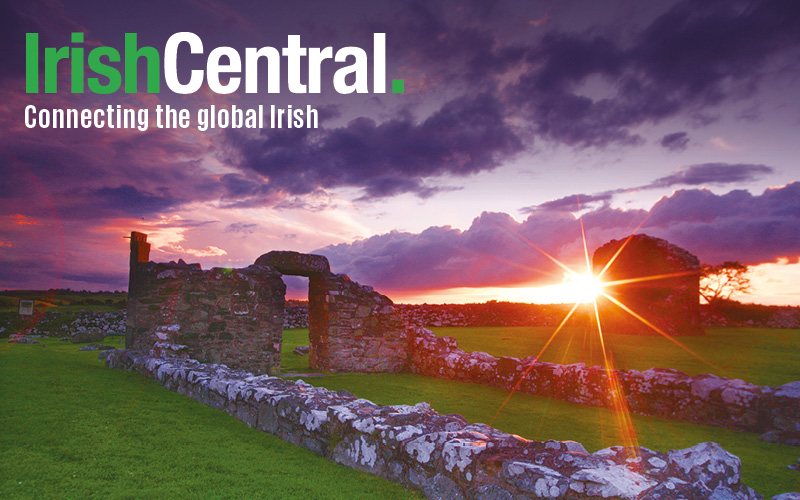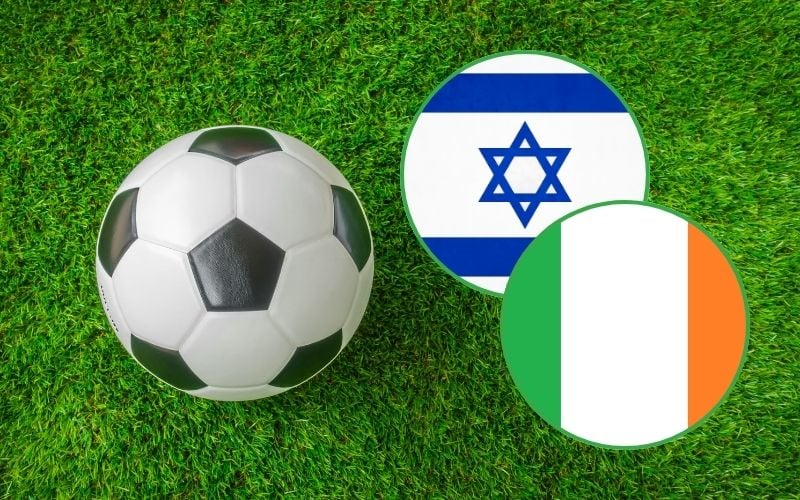They say sport is recession-proof but the prospect of further economic upheaval in Europe and an even greater austerity package in next month’s budget will test that theory in Ireland over the next few years.
While some professional sports with strong international outlets may withstand the worst of the continuing turmoil, the GAA in particular faces the prospect of losing an increasing number of its players to emigration.
Despite the difficulties, the 2011 GAA season was successful in terms of gate receipts and commercial revenues but there is a growing sense in Ireland that we could be overtaken by events if the Eurozone crisis worsens, as looks almost certain at this point.
With the country’s unemployment rate currently running at just under 15 percent, the options for graduates are limited and with greater problems on the horizon, many young college leavers are not hanging around waiting for an upturn.
Within that cohort of course are potential future stars of Gaelic games.
---------------------
READ MORE:
Gambling Irish nun blew close to $1 million in Atlantic City
Ashlynn Conner’s family speak out over 10-year-old’s bullying and suicide
Will Mark Kelly run for injured wife Gabby Giffords' seat?
---------------------
Already the impact on rural GAA clubs in Ireland has been significant with large numbers of young players emigrating over the past two years.
And while it hasn’t reached a crisis point at county level yet, the Gaelic Players Association, which represents the county players, is deeply concerned that the problems of unemployment and emigration could start to impact on the GAA’s marquee games and players if not tackled head on.
To date, despite a number of high profile players leaving, the rate of emigration among the county playing body has remained relatively small although according to the GPA’s latest figures the number of players unemployed or underemployed is now running at 18 percent or nearly 400 county footballers and hurlers.
The number of self-employed has also fallen dramatically because of the collapse of the construction industry.
If these trends continue unchecked then the potential knock-on effect on the wider GAA is significant, particularly if a greater number of the ‘marketable’ stars were to leave.
What will be even more difficult to gauge is the loss of future stars to professional codes because the greater the recession, the greater the battle for hearts and minds will be for the uniquely amateur GAA.
Currently, the county game generates up to 80 percent of the GAA’s annual income and a similar percentage of the GAA’s funding is, in turn, distributed to grass roots development every year.
If the county game stagnates, attendances fall, commercial sponsorship dries up and broadcast rights drop in value then the inevitable corollary is that grassroots development will suffer due to a lack of resources.
As things stands, GAA clubs throughout Ireland are struggling to make ends meet, particularly those who invested in recent infrastructural developments during Ireland’s delusionary boom.
Of course it’s not all doom and gloom and the irony of a worsening recession is that the GAA club, as a pivotal point of community life, is likely to strengthen in importance.
The challenge however, remains resources and the allocation of resources. And no matter what way you approach the challenge, it leads back to the reality that inter-county hurling and football must continue to thrive if the GAA’s short-term future is to remain healthy.
The Gaelic Players’ Association has responded to the deepening crisis by prioritising the education and career development components of their Player Program designed to assist amateur county players with their off-field careers.
GPA career advisers engage with players on a one-to-one basis to ensure that they maximise their employment opportunities, players are supported in college and beyond through a substantial scholarship program while those trying to set up or sustain a business are assisted with a variety of supports including mentoring programs and start-up help.
These intensive services are designed to develop sustainable, life-long career paths for the amateur players who make such an essential contribution to the commercial success of the GAA.
Ireland’s economic recovery remains a matter of conjecture, a long term assumption. As the reality of life in the country continues to deteriorate, the GAA and its players cannot afford to wait.
---------------------
READ MORE:
Gambling Irish nun blew close to $1 million in Atlantic City
Ashlynn Conner’s family speak out over 10-year-old’s bullying and suicide
Will Mark Kelly run for injured wife Gabby Giffords' seat?
---------------------




Comments